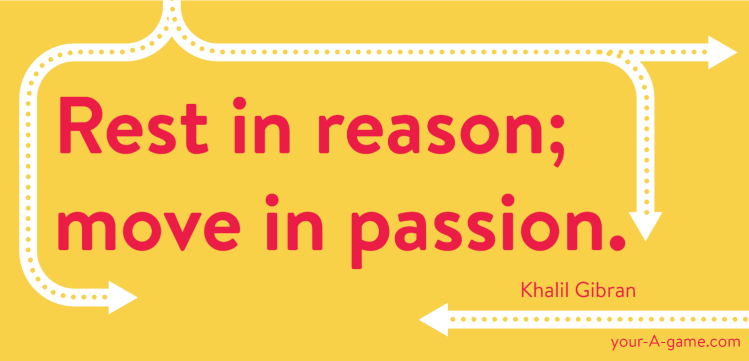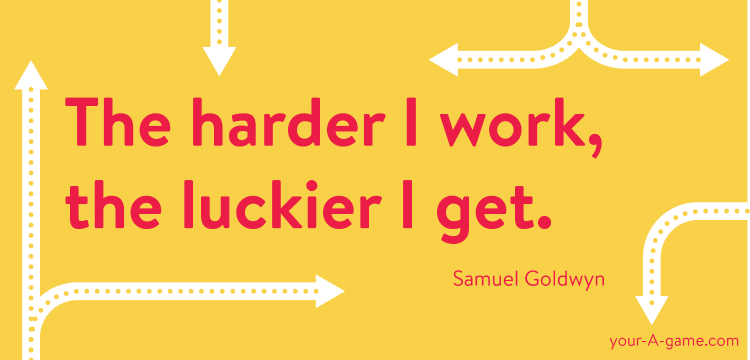Why are games fun? There are certain types of interactions we each enjoy and jackpots we pursue. That’s true for board games, team sports, and giant multiuser arenas like online roleplaying games, paintball… and genre promotion.
In 1996, game theorist Richard Bartle
identified four ways users join and
participate in multiplayer games and virtual
worlds.[i]
He based these gaming styles on the kinds of
fun people seek out and the way they behave
during play in an artificial game space. He
arranged game play along two axes:
- Player/World: focus on the other participants vs. focus on the environment
- Act/Interact: control vs. connection…(or) doing TO vs. doing WITH
Understanding different players (and their goals) allows designers to build better games, prevent negative experiences, and extrapolate the kinds of value and entertainment possible. After all, Candy Crush, Grand Theft Auto, and D&D appeal to very different players. Nobody wants to play games that are boring, scary, or frustrating.
Because of the parallels between gaming and publishing, these same four modes of play offer a useful taxonomy for writers navigating the terrain of genre fiction. For “players” read PEERS (fans and colleagues); for “world” read genre (industry and niche). In the next few pages we’ll list general traits and preferences to help you find yourself in these categories.[ii]
Think of your play style as your piece on the A-game board. (e.g. Heidi always had to play the iron in Monopoly and for Clue, Damon was a diehard Professor Plum). The play style (and path) you choose will change the discoveries and lessons you’ll encounter along the way. You can always mix it up the next time, but for now, play for what you want. Consider what means the most to you at this moment in your career.
What’s your primary focus right now? What kind of a promotional strategy appeals? What sounds like the most fun way to develop your career? What kind of success do you want?
In other words, what kind of an A-gamer are you?
PLAY STYLES
Go with your gut. Each of us has shown all of these behaviors at one time or another. These player styles literally arise from what interests you and what you find rewarding.
It bears saying: none of these play styles are inherently negative or positive, and none of them are more or less likely to succeed. There are humble Performers and selfish Socializers. Over your career you will probably operate as all of these at one point or another. What distinguishes each type of player is what motivates them and what they want to accomplish.

If you’re wavering or uncertain about which path is currently right for you, or if you want a more comprehensive picture of your current play style, we host a short online “play style” test which uses some basic career questions to identify your play style at the moment.
Identifying a play style only provides a lens to help focus your professional A game.
Movable Types
Play styles aren’t static. Bartle’s four player types distinguish and characterize general attitudes and behavior that overlap and evolve over time. As our goals and motivations change, our style of play evolves. Today’s Achiever is tomorrow’s Socializer. You may bounce between Exploring and Performing depending on your current subgenre.
Even before Bartle formulated his gamer types, he observed a general progression between the play styles that also mirrors a common career progression for many genre authors: beginners commonly start out as Performers (wanting to influence/lead their colleagues and fans) then develop into Explorers (learning the genre and developing a serious skill set) then Achievers (competing for rank and recognition from the industry), and ending up as Socializers (supporting, mentoring, and nurturing the genre community). The important takeaway is that over time, your focus and goals change.
As you choose your route through this book, your play style will point you toward the kind of answers you’d probably find appealing and useful. If halfway through you decide that you’ve stopped feeling like an Achiever and want to get your Explorer on, it’ll only keep you on your toes moving forward.
As we proceed, we’ll discuss these four play styles further and how they can help focus your promo efforts. For now, choose the one that speaks to your current pressing goal.
If you’re not certain which applies to you at this moment or you just want to turn the page and splash around, go with what feels fun and makes you curious.
Remember: with your A game the only requirement is participation.

NOTES:
[i] Richard Bartle’s original Player Types have become iconic within the game design community. Our use of the Bartle Types also drew on an inspiring article by Bart Stewart, “Personality And Play Styles: A Unified Model.” Bartle also gave a fantastic talk on these types and their utility in other fields: “Player Type Theory: Uses and Abuses by Richard Bartle.” Delivered at Casual Connect Europe, February 2012”
[ii] Many of these observations derive from Bart Stewart’s article mentioned above. The social engagement verbs come from Amy Jo Kim, a gamification blogger who admired Bartle’s system, but wanted to articulate a “useful starting point for thinking strategically about what motivates your players.” cf. “Social Engagement: who’s playing? how do they like to engage?” by Amy Jo Kim
© 2016 Damon Suede & Heidi Cullinan, All Rights Reserved

